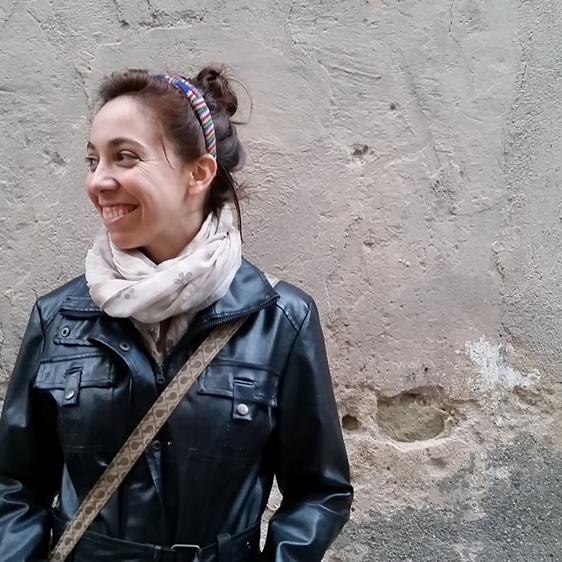
Mònica Guiteras gives an insight into advocacy as a tool to spark a real change and transformation.
Direct intervention in the problems addressed by the non-profit organisations we belong to respond, unfortunately, to the many different social urgencies for which the systems provides no answer, or even turns a blind eye at. During the last decade we have experienced the outbreak of an economic crisis (and also ecological, social, political…) that has undermined citizens’ rights around the world, but has also been the spark that has reignited the social fabric and networking in the civil society working to defend the right to a life in dignity, which is more and more in danger. However, the challenge, beyond mitigating and accompanying the situations of vulnerability and hardship of groups (or entire peoples) affected, is largely about reversing the process by which we have arrived to this reality, highlighting the responsibility held by the public administrations, international organisations and key stakeholders like corporations, in this process.
Research, raising awareness, education and training are all part of what non-profit organisations work with and they enable us to learn about the situations that we consider unfair, that we denounce and want to change, study them critically and raise awareness. Going deeper into the contents and arguments also allows us to reach out to larger sectors of population to encourage social mobilisation and action in the streets, to make the voices of these groups and the people showing solidarity heard, and to demand a reaction.
However, at the same time, we must take it a step further so as not to loose the very necessary actions of our organisations regarding advocacy, as a tool to put pressure on the institutions and public organisations, and also on the private sector. Thus, action in the streets must be accompanied with direct dialogue with the actors in charge of decision-making, and recover for ourselves these spaces that have very often drifter away from citizens. And it is essential also to communicate that we are engaged in this dialogue, so the public knows that this is an open debate and that we are one of the interlocutors, and that we explain what commitments have been agreed, to demand that these commitments are maintained throughout our task of citizen control.
Advocacy, therefore, can act as a loudspeaker in the spheres where essential decisions are taken, to echo things that we are often unable to push through other actions and activities done by non-profit organisations. The fact that a space for civil society is opened in these public institutions, or the fact that actors such as the private sector feel they should pay attention to the messages we convey on all the different causes we defend is beyond all doubt an opportunity we cannot miss.
Once we are sitting around the same table, when at last we can mark the agenda and have a space to make our demands heard and carry the silenced voices, we will be using a necessary tool of vigilance that activates the accountability of the different actors. More importantly, this tool puts a very close pressure on them and, to an extent makes them feel uncomfortable because it shows them the harsh reality that they have helped create and for which, to say the least, they are complicit. And then maybe this tool, together with the other actions we carry out, may be what sparks a real change and transformation, because not only will we be pushing forward and adverse situation and creating new paths forward, but we will also show how the other paths have led us to where we stand. And these are paths we no longer want to go down, paths that no-one takes responsibility for.



Add new comment